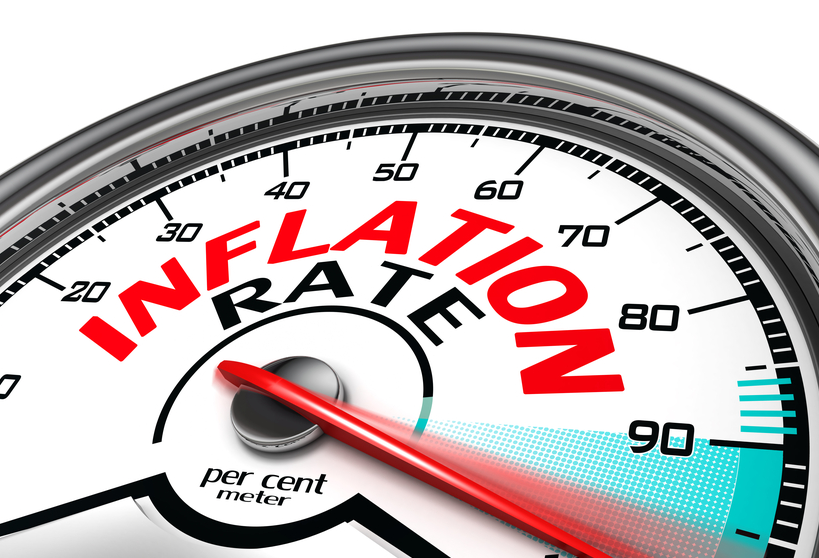The Nigeria Labour Congress (NLC) has called on Nigerians to brace for a possible nationwide boycott of telecommunication services following the Nigerian Communications Commission’s (NCC) approval of a 50% increase in telecom tariffs.
The NCC, on Monday, announced the tariff hike after telecommunications operators lobbied for cost-reflective pricing amid escalating operational expenses. The adjustment, which is below the 100% increase initially sought by telcos, has raised the cost of calls to N16.5 per minute from N11, data to N431.25 per gigabyte from N287.5, and SMS to N6 from N4.
In a statement, the NCC defended its decision, noting that the tariff review was capped at a maximum of 50% to strike a balance between addressing the rising costs faced by telcos and protecting consumers.
Reacting to the development, NLC President Joe Ajaero described the tariff increase as an “unjust burden” on Nigerians already grappling with economic challenges, including rising inflation and declining purchasing power. He criticised the timing of the hike, arguing that it exacerbates the financial struggles of the average Nigerian worker.
“Telecommunication services are no longer luxuries but essential for daily communication, work, and access to information,” Ajaero said. “Yet, an average worker, earning the minimum wage of N70,000, will now spend approximately 15% of their salary on telecom charges. This is unsustainable and a direct assault on workers’ welfare.”
Ajaero called for an immediate reversal of the tariff hike and urged Nigerians to prepare for collective action, including a possible mass boycott of telecom services, to pressure the government and regulatory bodies into reconsidering the increase.
“We are not opposed to a tariff review but reject the approved rate of increase. We demand a more humane and reasonable adjustment, if necessary, and call on the government, the NCC, and the National Assembly to halt the implementation of this hike,” he added.
Telecom operators have argued that the hike is necessary to address the rising costs of operations, which they claim have surged by over 300%. MTN Nigeria CEO Karl Toriola, in 2024, warned of a potential industry collapse if tariffs were not reviewed.
In its statement, the NCC maintained that the adjustment would ensure the sustainability of the industry while enabling operators to invest in infrastructure and improve service delivery.
“These adjustments are designed to support continued investment in network quality, customer service, and coverage,” the NCC stated, adding that it had taken steps to balance consumer protection with the financial health of the telecom sector.
The Federal Competition and Consumer Protection Commission (FCCPC) has also weighed in, urging telecom operators to enhance service quality following the tariff hike.
“It is crucial that this tariff adjustment translates into measurable improvements in service delivery,” the FCCPC stated. “Concerns such as network congestion, dropped calls, inconsistent internet speeds, data depletion, and poor customer service must be addressed to justify this increase.”
As Nigerians await the outcome of negotiations between the NLC, the NCC, and telecom operators, the possibility of a mass boycott looms. The NLC has vowed to continue its advocacy against the tariff hike, emphasising the need for a transparent and inclusive dialogue to address the challenges facing both the industry and consumers.













